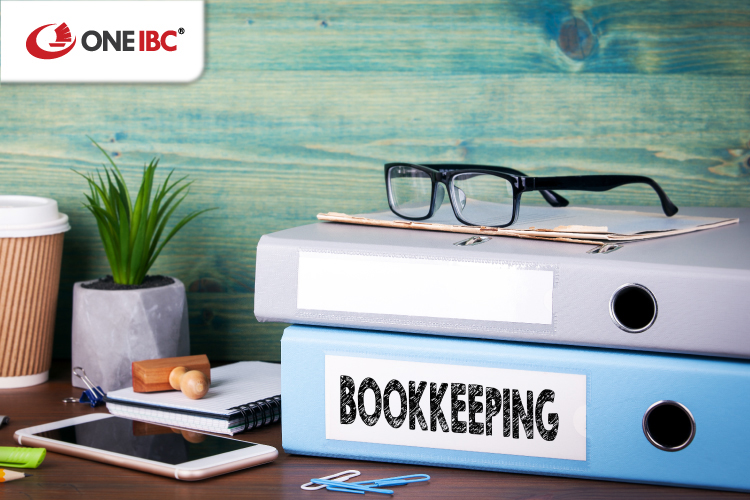- Notifications

We will only notify the newest and revelant news to you.
Small businesses may opt for a simple bookkeeping system that records each financial transaction in the same way that a checkbook does. Double-entry accounting is typically used by businesses with more complex financial transactions. Bookkeeping lets you know about the health of your company. So, what is bookkeeping? And how to do bookkeeping for a small business?
See more: Bookkeeping service

Learn about small business bookkeeping for beginners
Bookkeeping is the process of keeping track of all financial transactions made by a business. Bookkeepers are in charge of recording, categorizing, and organizing all financial transactions that occur during the course of business operations. It is different from accounting. Accounting makes use of the bookkeeper's record to prepare for the accounting & financial statements.
Each financial transaction is recorded based on supporting documentation, depending on the type of accounting system used by the business. That documentation could be a receipt, an invoice, a purchase order, or another type of financial record demonstrating that the transaction occurred. Understanding the firm's basic accounts is required for effective bookkeeping.
Bookkeeping transactions can be recorded manually in a journal or using an MS Excel spreadsheet. Most businesses now keep books that show their financial transactions using specialized bookkeeping computer programs. Businesses can record financial transactions using either single-entry or double-entry bookkeeping.
If you are running a small business, a sole proprietorship, or even a larger corporation, you might want to stick with bookkeeping. A well-kept set of books is a great start for running a successful business. Here are some reasons why small businesses need bookkeeping:

Bookkeeping lets you know your small business is doing
When businesses set up bookkeeping, they must also set up their computerized accounting systems. The majority of businesses use computer software to keep track of their accounting journal and bookkeeping entries. A simple spreadsheet, such as Microsoft Excel, may be a good start for small business bookkeeping for beginners. Larger companies use more sophisticated software to manage their accounting journals.
Recording and reconciling are the 2 main tasks to do bookkeeping for a small business.
Keep track of your sales: Normally, you can note your sales in a cash book or an Excel spreadsheet. Sales data from point-of-sale or invoicing software is increasingly being downloaded directly into the books of business owners.
Keep track of your transactions: Every transaction must be documented. You should also keep the receipt if you intend to claim the expense as a tax deduction. Alternatively from using a book or spreadsheet, you can make use of transaction history of your corporate bank account.
Either it is cash or accrual accounting, you can record income and expenses at different times.
Reconciliation involves cross checking between your business books and your bank statements to ensure that the transactions and balances are correct. Bank fees, interest payments, deposits, and unbilled transactions must frequently be accounted for.
Depending on the volume of transactions in your business, you may do bank reconciliation daily, weekly, monthly, or less frequently. However, you will almost certainly be required to reconcile your books before submitting tax returns.
The more you reconcile transactions, the more accurate your bookkeeping can be. So, it is recommended to do it frequently, instead of letting your documents pile up.

Recording and reconciling frequently are how to do bookkeeping for a small business effectively
If you're too busy, outsourcing bookkeeping for your small business will be a smart choice. You can select different bookkeeping services based on your budget, it is either a basic bookkeeping at a low cost or more advanced services for a bigger company. Professional bookkeepers will assist you with financial reports (profit-and-loss, balance sheet, cash flow report) and measuring business performance.
If you are looking for professional bookkeeping services, One IBC is always ready to help. We are a professional business consulting firm with 12+ of experience and a global presence. For further information regarding bookkeeping and business matters, feel free to contact our advisors for consultation.
Latest news & insights from around the world brought to you by One IBC's experts
We are always proud of being an experienced Financial and Corporate Services provider in the international market. We provide the best and most competitive value to you as valued customers to transform your goals into a solution with a clear action plan. Our Solution, Your Success.